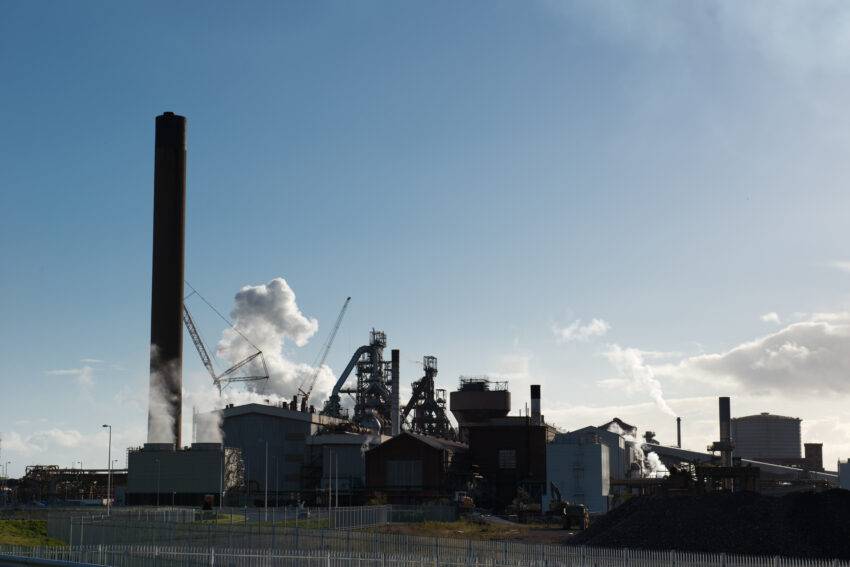
Tata Steel has rejected a plan from unions to keep one blast furnace running at Britain’s biggest steel plant in Port Talbot while it transitions to greener steel production.
The company’s chief executive and managing director, TV Narendran, said the unions’ proposal was not “financially or operationally viable”.
About 2,800 jobs are likely to go across Tata’s UK operations, the bulk of them at Port Talbot.
Steel unions have condemned the decision and threatened industrial action.
Tata and the unions have been in consultations for seven months after the company said it wanted to end blast furnace iron production in south Wales this year.
It currently employs 4,000 workers at Port Talbot and will begin a voluntary redundancy process in May.
The company plans to build a £1.25bn electric arc furnace to produce steel in a way which is less polluting than traditional blast furnaces but requires fewer workers.
Tata said the move would secure the future of steel making at the site and the UK government is contributing £500m towards the cost of the project.
The Community steel union called Tata’s decision “a serious mistake” and is currently balloting members for industrial action.
Unite the union already has a mandate for action and has warned that strike action would be “announced soon.”
Matthew Hill, an organiser with Unite, said earlier on Thursday colleagues were “upset and angry” with Tata’s decision to press ahead with its plans.
Responding to Tata Steel’s threat to withdraw “enhanced” redundancy packages if workers went ahead with industrial action in May, he said members were “not going to be bullied” by the company.
Tata Steel said its investment in the new electric arc furnace preserves 5,000 jobs across the UK and represents “the largest investment in the UK steel industry in decades”.
The company said its UK operation was currently loss making and the unions’ alternative plan “would cost the company at least an additional £1.6bn”.
But Roy Rickhauss of Community has challenged that view, saying: “We do not accept the company’s assertion our plan was too expensive – in fact, it would have returned the company to profits.”
First Minister Vaughan Gething and Energy and Economy Secretary Jeremy Miles said in a joint statement the Welsh government would continue to argue for a “fairer transition” for workers.
“Quality steel, made in Wales, is the economic bedrock for many communities across Wales and is vital for the economy and security of the UK,” they said.
Shadow Welsh secretary Jo Stevens described the result of the consultation as a “total gut punch for people in Port Talbot, and the potential economic consequences will reverberate across south Wales for years”.